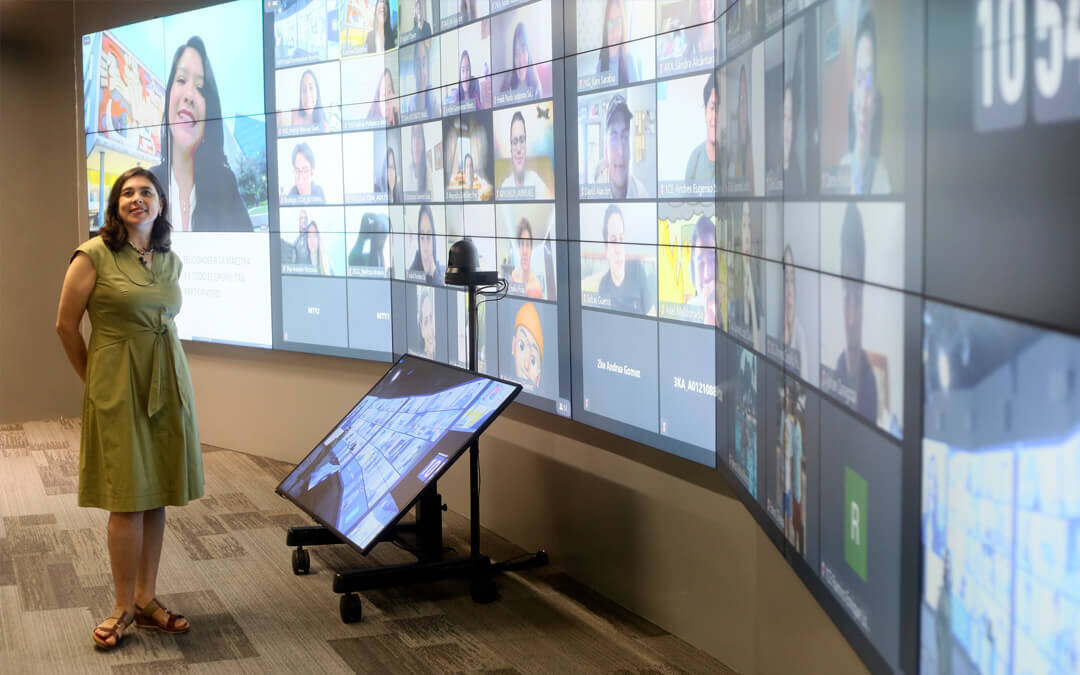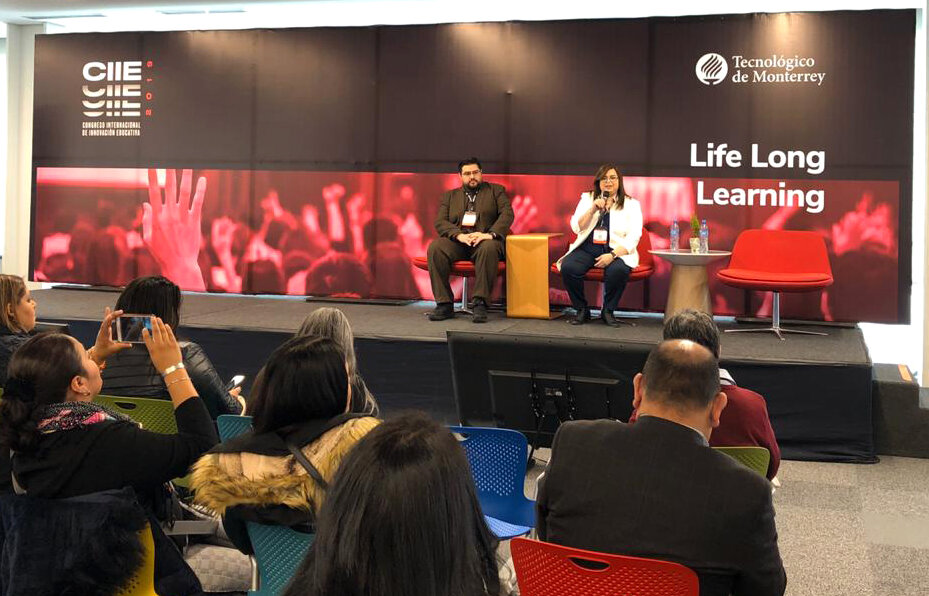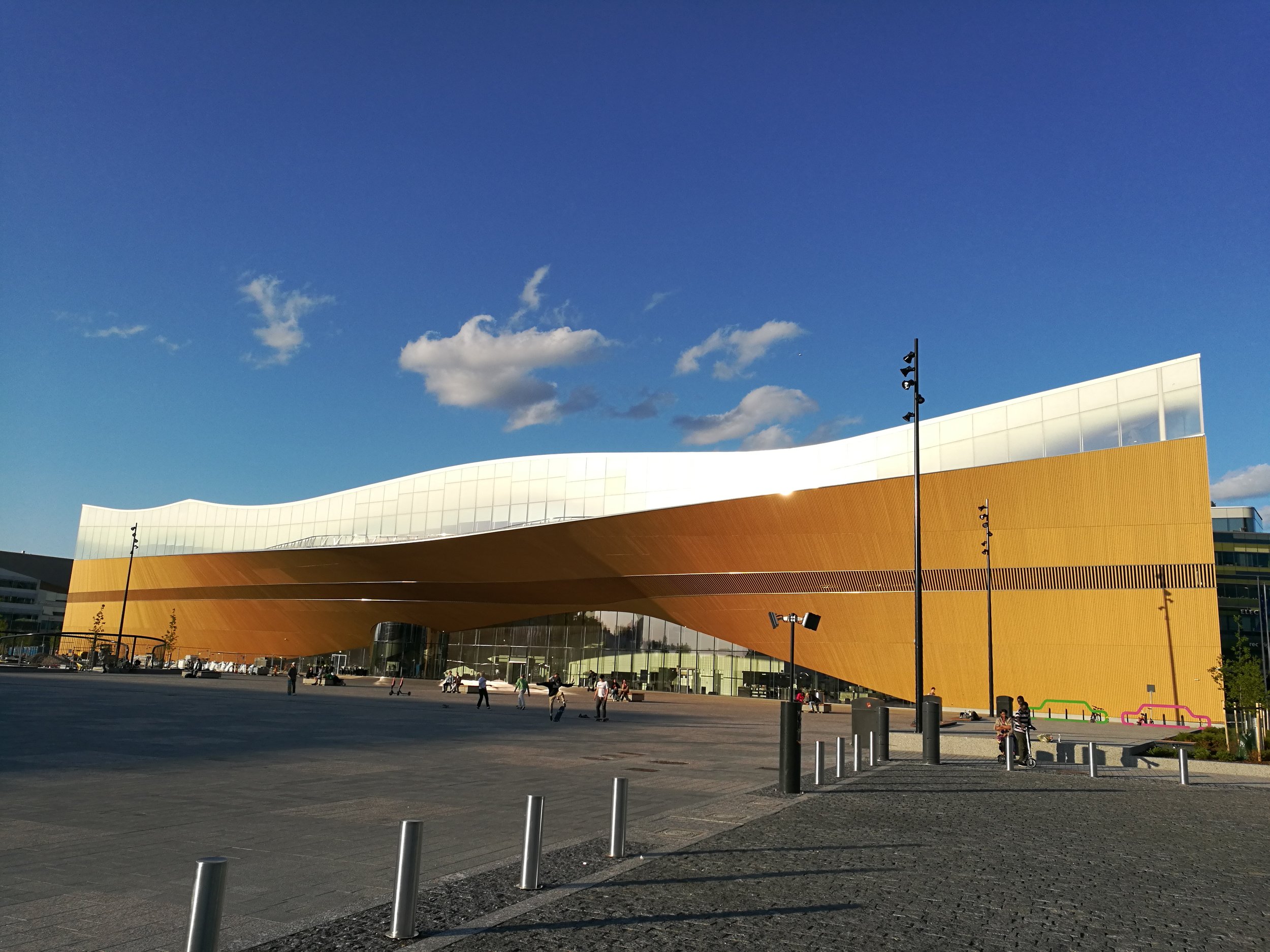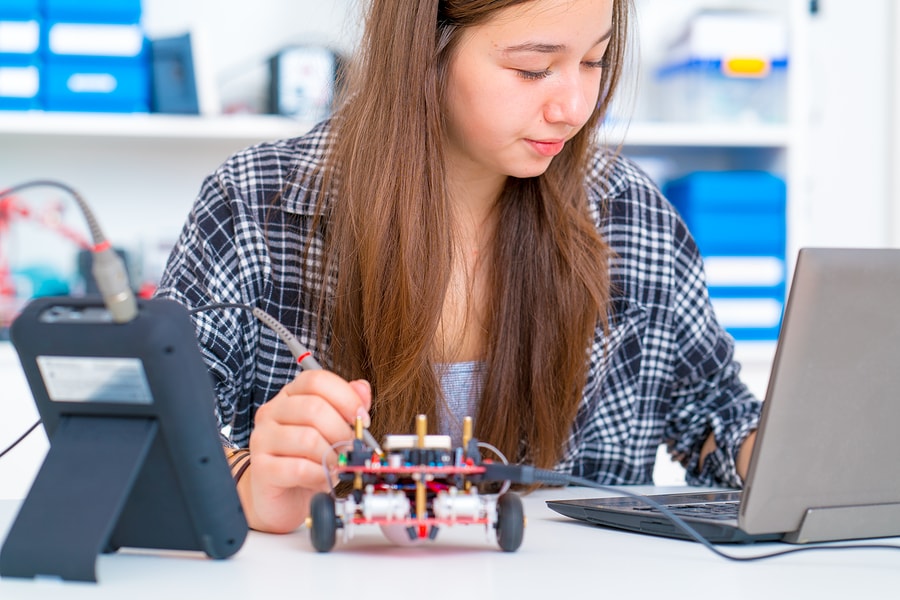Georgia Tech proposes a hybrid education focused on the development of cognitive, interpersonal and intrapersonal skills. In addition to adaptive learning platforms and artificial intelligence assistants.
Photo: bigstock.com
Futurists, journalists, academics and others, describe the future of universities as an educational ecosystem with interactions in person and at a distance, with shared resources among universities, with the predominance of artificial intelligence, among other predictions. The Georgia Institute of Technology shares its evolution plan towards the year 2040 –it could describe the direction of the universities of the future.
The report called “Deliberate Innovation, Lifetime Education” tries to establish the foundations of the innovation of the Georgia Tech through five initiatives; actions that are already starting and long-term projects that require sustained research and practice.
Initiative 1: Personal integral education
Development of new educational programs that teach cognitive skills such as problem solving or creativity; interpersonal skills such as communication and leadership; and intrapersonal skills, for example, adaptability and discipline.
- Generate experiential learning in relevant contexts.
- Develop critical thinking skills and collaboration in multicultural environments.
- Achieve that university graduates have research-oriented training, similar to that of postgraduate.
Initiative 2: Generation of new products and services
- The report proposes to generate flexible educational experiences and provoke continuous learning through:
- Creation of micro-credentials, including badges, certifications, and micro degrees.
- Compact courses within periods called “Minimesters,” which can be taken along with traditional semesters to cover special educational needs.
- Blockchain technology that allows students to demonstrate their learning and achievements in credentials to potential employers.
Initiative 3: Advising for a new era
Experts from the Georgia Tech believe that a robust learning database and artificial intelligence assistants will accompany the student educational experience in a lifelong learning model.
It also proposes the creation of Personal Board of Directors to create professional networks dedicated to students.
Initiative 4: Artificial Intelligence and Personalization
Introduce the use of Artificial Intelligence and personalization through:
- Pilot tests of adaptive learning platforms to provide students with personalized educational experiences.
- Development of virtual multifunctional tutors that act as coaches or mentors.
Initiative 5: Distributed global presence
Georgia Tech proposes the decentralization of education on a physical campus, to establish online spaces and hybrid spaces; physical places that serve as real and virtual portals at the service of students.
Besides, it aims for the development of human libraries. Having access to the experience of individuals, rather than books. That is, students could interact with specialists and experts when they inquire about a topic, in addition to having access to traditional textbooks.
These initiatives require a plan to change the culture within the universities that favor and inculcates innovation, in addition to making decision and commitment. Although this strategy is specific to the Georgia Institute of Technology, it is an invaluable guide to understand what path universities will take in the coming years.
If you want to see the full report, we share the link here.
This article from Observatory of the Institute for the Future of Education may be shared under the terms of the license CC BY-NC-SA 4.0 
)
)











)
Rubí Román
Rubí Román
Rubí Román